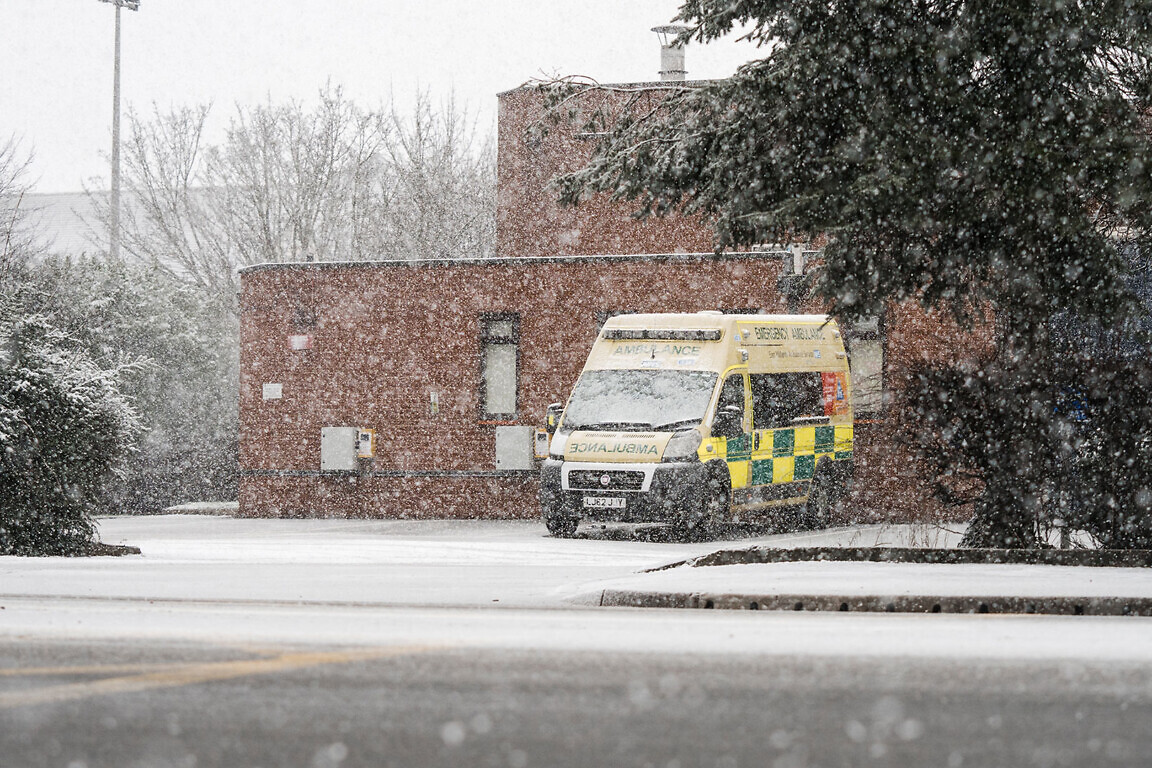Although NHS teams have delivered 29 million flu, Covid and RSV vaccines since the autumn campaign began, the flu epidemic has put the NHS under pressure again.
NHS staff experienced the busiest year on record for A&E and ambulance services last year, as flu continues to pile pressure on hospitals into 2025.
There was an average of 5,408 patients a day in hospital with flu in the first week of January, including 256 in critical care. This is 3.5 times higher than the same week last year. As a result, a number of trusts have declared critical incidents, citing exceptional demand caused by the colder weather and respiratory viruses.
Although NHS teams have also delivered a total of 29 million flu, Covid and RSV vaccines since the autumn campaign kicked off, monthly data confirmed that 2024 was the busiest year ever for A&E and ambulance services in England – with December recording the highest number of ambulance incidents ever in one month.
“Although this winter’s campaign vaccinated more people than last winter, this strain of flu has hit hard, putting more than three times as many patients into hospital compared to this time last year,” said health and social care secretary Wes Streeting.
Under exceptional pressure
“It is clear that hospitals are under exceptional pressure at the start of this new year, with mammoth demand stemming from this ongoing cold weather snap and respiratory viruses like flu – all on the back of 2024 being the busiest year on record for A&E and ambulance teams,” said NHS national medical director Stephen Powis.
The frustration at the British Medical Association (BMA), the trade union and professional body for doctors and medical students in the UK, was palpable.
“We are in a national emergency. This cannot be our national norm. Every year, we run into exactly the same problems,” said Phil Banfield, BMA chair of council who pointed to the lack of surge capacity to admit patients during the Covid-19 pandemic and the lack of investment in staff and beds since then.
“It is a cycle the NHS of all four UK nations and their respective governments must show they have a plan to stop,” he said.



